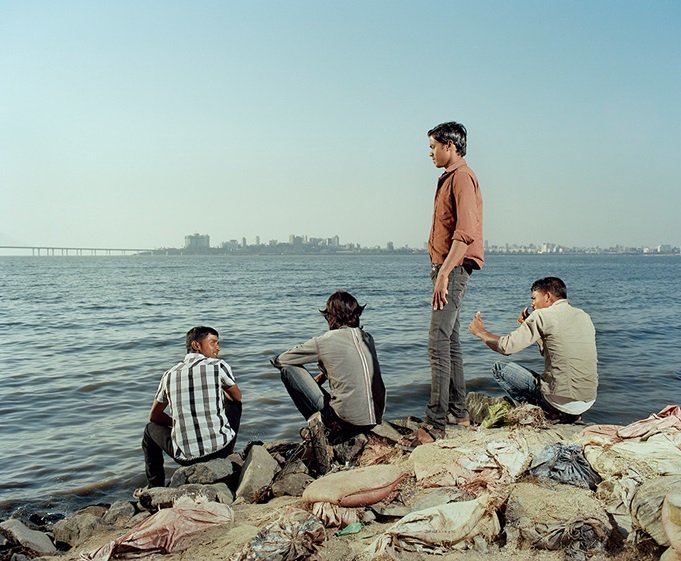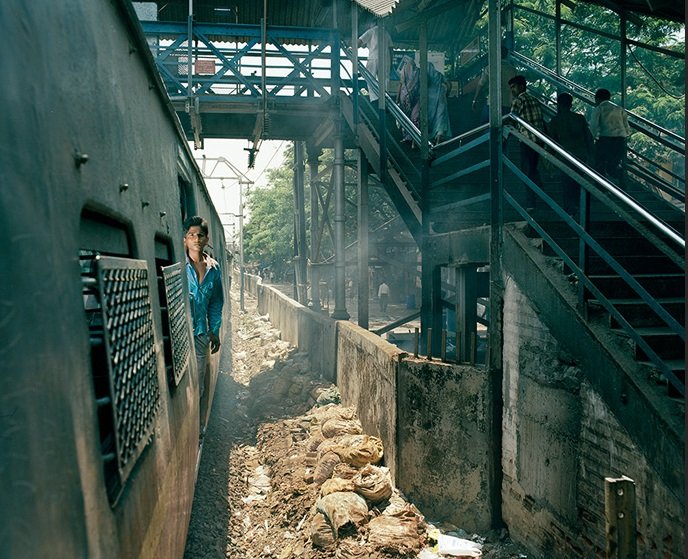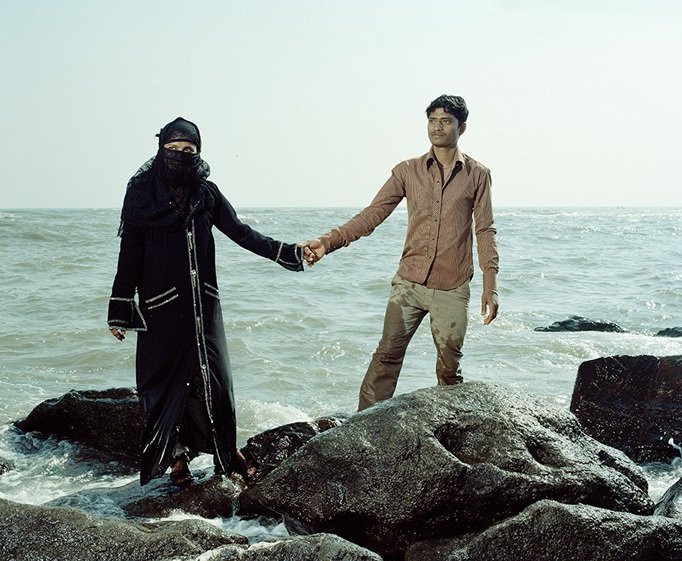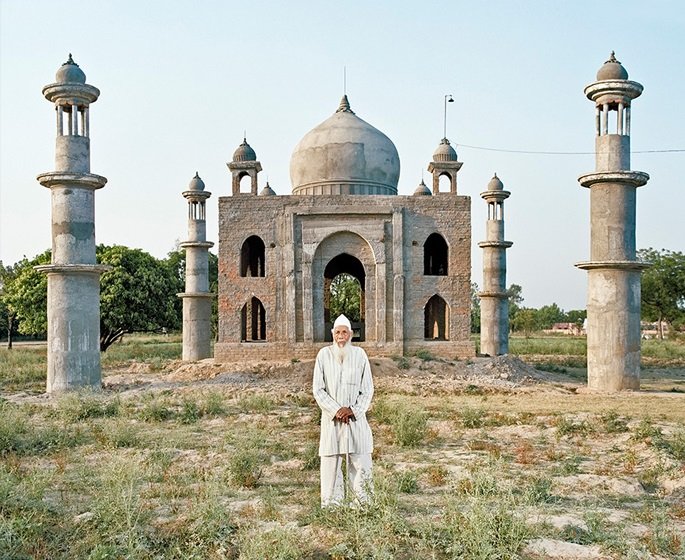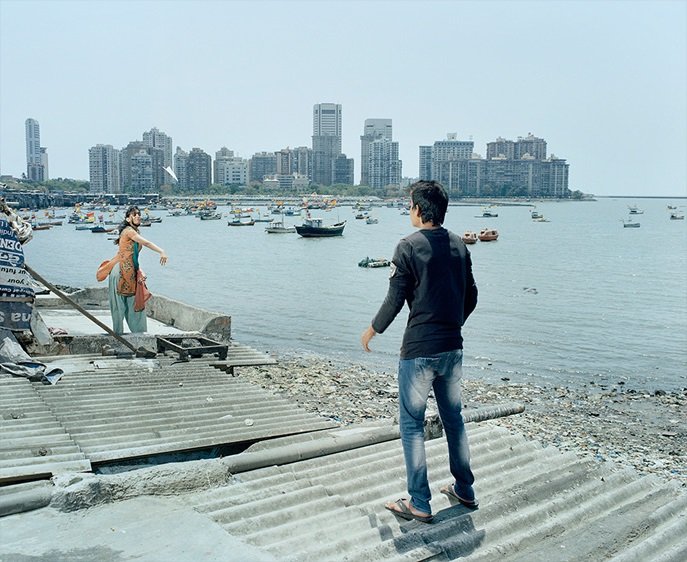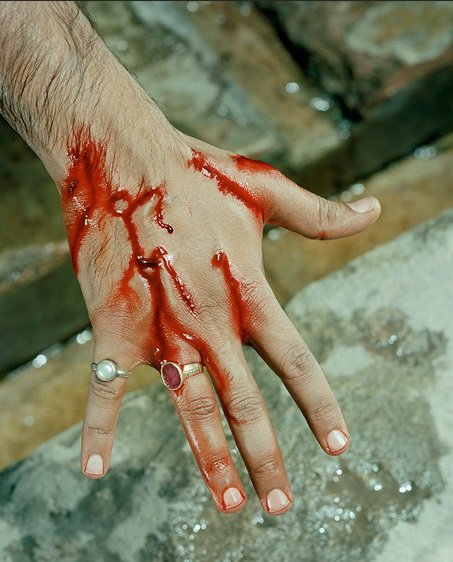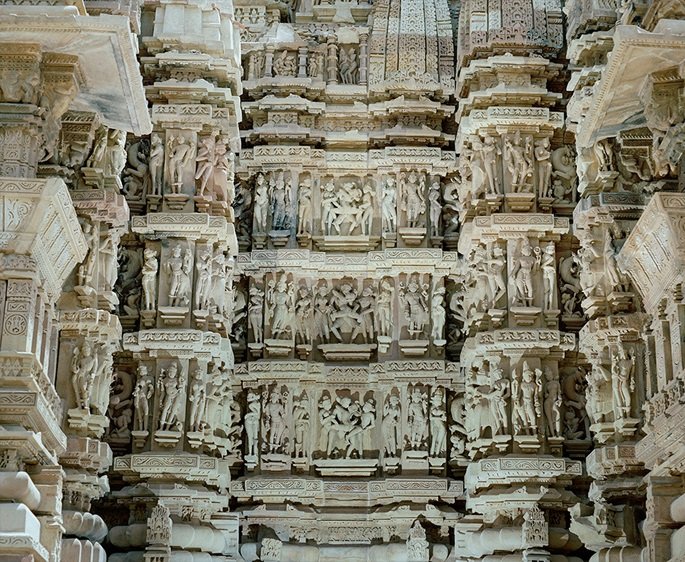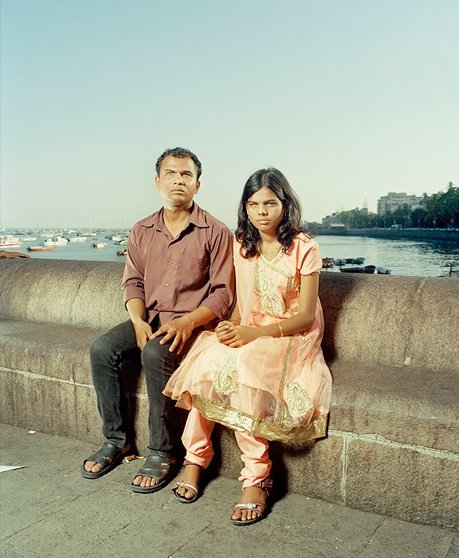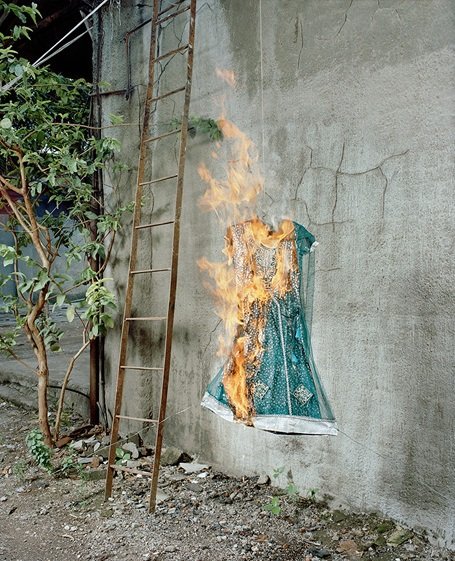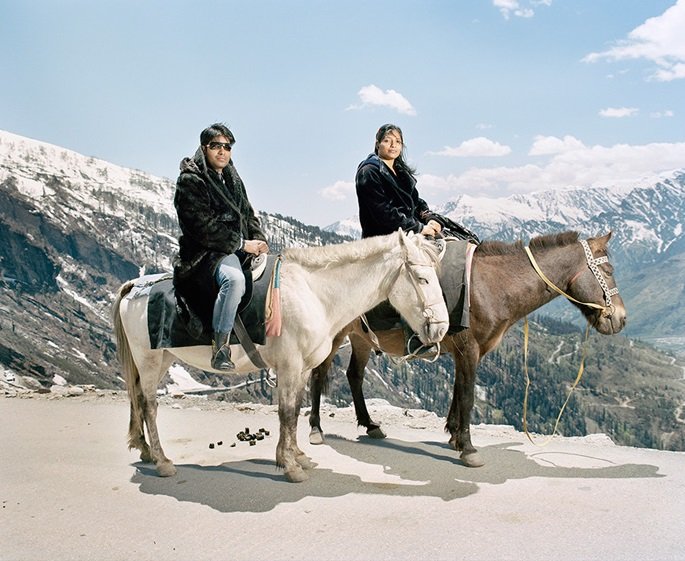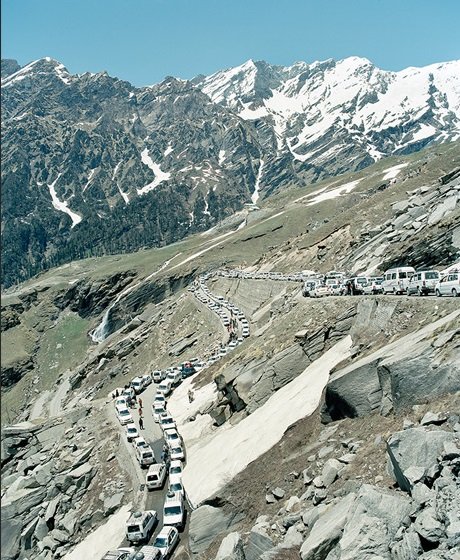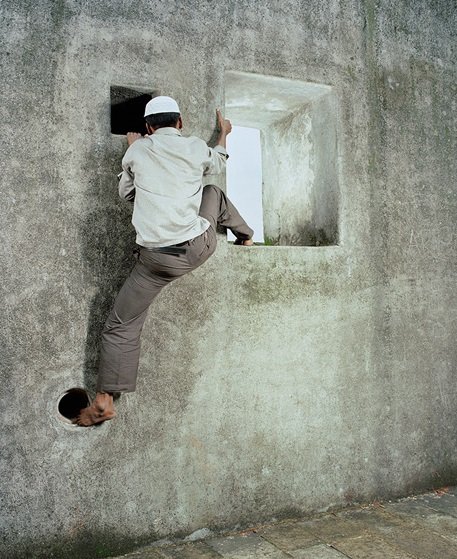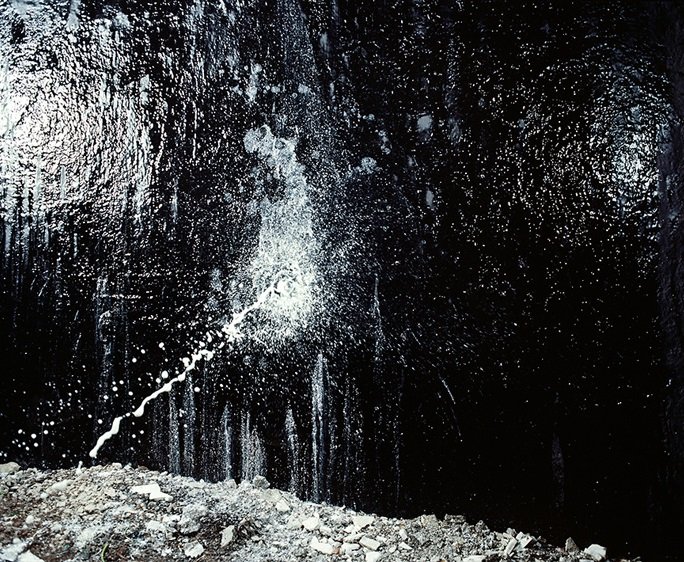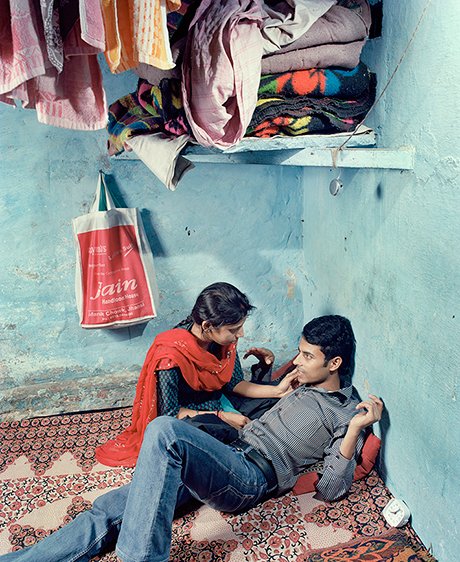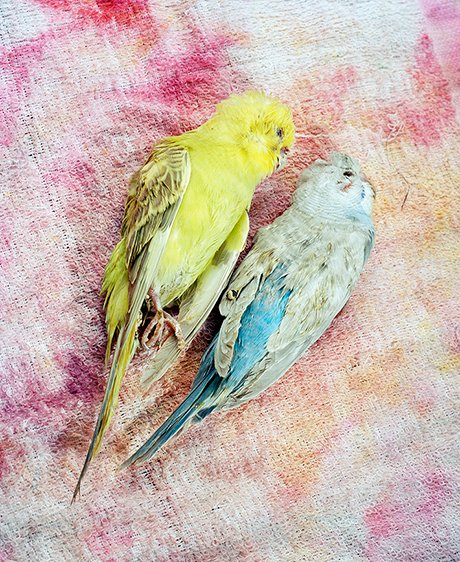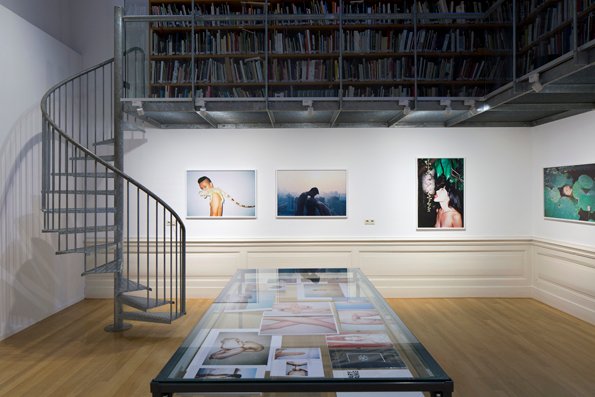Belgium –
What do you do if you love somebody but your love is forbidden by your parents, by your uncles, by your priest, by your community? What do you do if your family imprison you or beat you or kill you rather than let you follow your heart and marry for love? What do you do if your family want to force you to marry somebody who will hurt you and rape you and abuse you? What do you do when there is no way out and no one to help?
That is the question that is asked in Max Pinckers new book, Will They Sing Like Raindrops or Leave me Thirsty, a book that looks at the collision of love, ‘honour’ and marriage in contemporary India. It’s an ambitious book that uses text and mixes staged and documentary images to tell a story in the most engaging manner possible.
The origins of the book lie in a project that featured an Indian organisation called the Love Commandoes. “I had heard of the Love Commandos and so approached them to make a story,” Pinckers told me in an interview for the British Journal of Photography. “They are based in Delhi and are a small team of 4 guys. They have one main headquarters, a website and telephone hotline and they provide assistance to couples who are love but cannot be together due to family opposition – mainly due to caste or religious issues. In India, most people still have arranged marriages, but young people do fall in love and run away to be together. The main function of the Love Commandoes is to allow people to do this in safety and in accordance with the laws of India. And to prevent honour killings happening to the young couples or Lovebirds.”

“So they take in young couples and provide protection, sometimes they send in people to rescue couples at risk. And they also have 50,000 volunteers, many of whom have been helped by the Love Commandoes and who can give advice and help to people in their area. They also have 8 different shelters in New Delhi and one in Mumbai.”
“The danger the couples face is very real. One time a couple came in while we were talking. They were extremely scared, shaking and sweating. I’ve never seen such adrenaline before. They’d escaped from their village after being chased by the girl’s families with machetes. They’d secretly got married but were fearful of being caught.”
The problem for Pinckers was how to tell this story. Rather than using a straightforward (and didactic) documentary style, he decided to go a more symbolic route. So the book opens with an image of a beam supported by a pillar of ice. The ice, it is clear, will melt. Next is a peacock standing on a dirt floor by a whitewashed wall. A cluster of men is followed by a rooftop with two empty air mattresses and the scene is set.
But mixed in with the symbolic are the hard facts; a newspaper clipping of a couple forced to flee their home village due lies opposite a picture of the same couple after ( with the help of the Love Commandoes) they were married. The picture is on a blue washed wall; the blue indicating both the Love Commandoes and the documentary elements of the image.
“It’s difficult on a visual level to know what is the actual documentary and what is created or staged by me. So I chose the shots of the Love Commandoes to be in this blue space of the Delhi headquarters. But on top of that there’s the religious, the romantic and the escaping aspect for the story. But it’s important that the viewer be able to see what is the Love Commandoes and what is not; putting in more abstract images (spilling milk as a suggestion of a spicy scene) gives the viewer space to see that there is a lot more than just a depiction of facts. It’s good to leave room for interpretation and for the viewer to know that the story is going somewhere.”

Then there are the symbolic images that come with a Hindi Cinema overlay, pictures where the love is dramatized, where the staging comes straight from 1970s masala movies; the romantic overlay of lovers in the snows of Himachal Pradesh or the down-the-line symbolism of the boy and girl looking at the caged bird, an adult hand pointing ominously in from the side of the frame are just two examples of this.
“I’m always looking for something that is slightly clichéd (and what is more clichéd than love and romance) because clichés interest me very much, but I’m also looking for something that is fictional or pulls away from reality – love is so abstract that it gives me the chance to experiment with the subjective in a metaphorical way.”
Also added to the mix are the pictures of people who have found love, people like Din, a Parsi residing in Canada who has a full page advertorial in the matrimonial section of a Mumbai newspaper, or the couple who became the public face of the Love Commandoes, a couple who lived next to each other but were forbidden from seeing each other. Instead they would go to their rooftops each evening and throw secret messages across the night sky.
Pinckers recreates this through a staged picture; it’s the documentary merging with the fictional on different levels. Add to this the emails, messages and newspaper clippings. There’s delusion, frustration and heartache in these messages; the writer who, as do reactionaries in every country, proclaims the sanctity of “our rich social values & traditions”, the woman who has married a man from another caste and is being threatened by her brother, and the couple who cannot see each other and now want to commit suicide. There’s naivety, stupidity and confusion. The questions are asked but Pinckers makes it clear there are no simple answers. Instead, a lack of resources meets with a crying need for information, for opportunity and for expression.
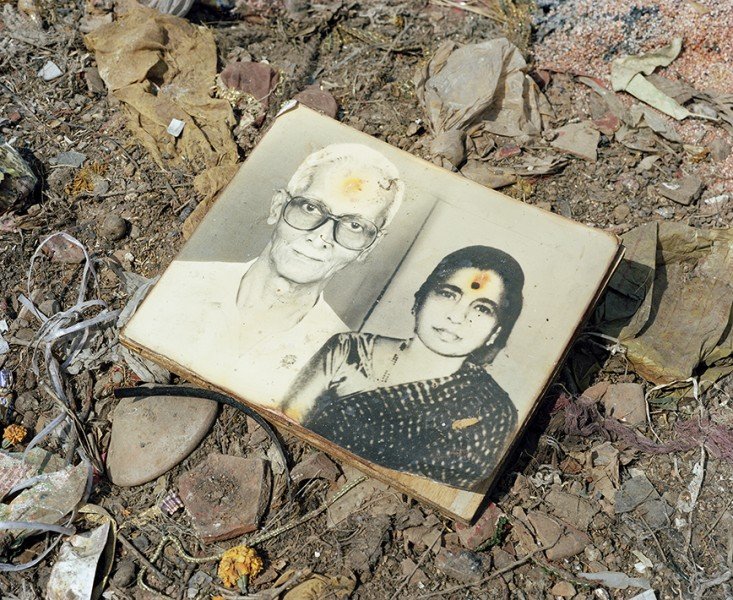
Love and marriage are themes that are at the forefront of virtually every Bollywood film. Classics such as DDLJ, Devdas, Amar, Bobby and Kolya all feature themes where love, duty, coercion and despair are mixed to varying ends. That’s cinema. This is photography, an area where love is simply lacking. Pinckers changes that, taking the grand romantic themes and layering them with text, documentary and symbolism into a whole that goes beyond the parts; it’s not romanticised, trivialised or simplified. The end result is a multi-layered approach that looks great, feels beautiful and comes with a message of love. And that is all you need, just so long as the people around you allow you to receive that message.
Colin Pantall is a UK-based writer, photographer and Senior Lecturer at the University of South Wales, Newport.

